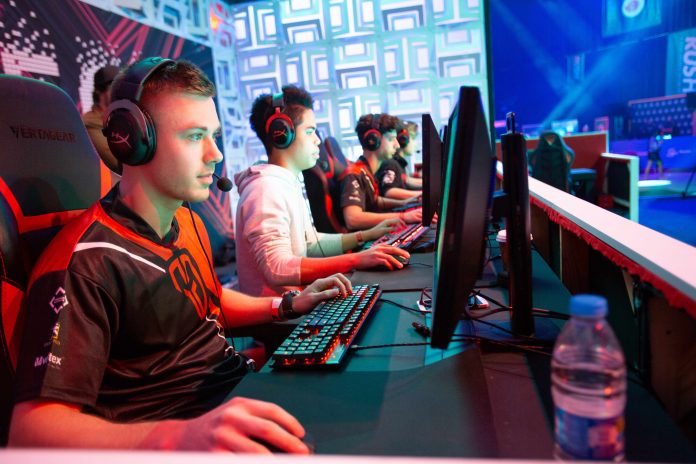Gaming (be it casually or competitively) is growing in a big way in South Africa. The base of gamers is also getting younger and younger. If you’re big into gaming and are still in school or studying, how do you strike the right balance?
We chatted to some competitive gamers from Goliath Gaming who are also busy studying or still in school, to get their top tips.
Malik ‘King_Ling’ Fonseca – competitive Tekken player
11 year old Malik, who is currently in grade 6, notes that he doesn’t play games every day, he limits it to four days a week, and only games after school work is done. “When I come home from school the first thing I do is my homework. Only after that do I get into my games. I limit my game time to three hours, and once I’m done with game time, I read for an hour.” Malik adds that it’s important to set these boundaries for yourself, and it helps to have your parents, guardian or an elder assisting you to keep track of time.
Dean ‘Massacre’ Davids – competitive CounterStrike player
Affirming Malik’s focus on the importance of time keeping, is 20 year old Dean who is studying software engineering. “You only have so many hours in a day, which is why it’s essential to create a schedule and stick to a routine as best as you can – especially when it comes to studies and gaming. Priority should always be on your school work or varsity work, and then gaming should slot in to a routine after that. Make sure your schedule is clear and easy to follow, and stick to it as best as you can. When it’s time for homework, focus on that; when it’s time to practise or play your games, have your attention on that; and ensure you limit distractions (be it social media or TV time) while you are focused on your routine.
Rikus ‘ZipZip’ Klue – competitive CounterStrike player
25 year old Rikus, who studied a BCom Informatics, emphasises the importance of balance. “Being able to balance and excel in all areas are characteristics of high-performance individuals. The mindset of discipline and embracing healthy lifestyle habits are adopted by most successful gamers and esports athletes. What I mean by that is that it’s important to factor in some form of physical activity into your routine – get your heart rate up and move your body. Not only is some kind of physical movement and activity beneficial for gaming, but for studies and focusing at school too. In addition to this, eating the right foods, getting good sleep (and enough sleep) and factoring in some kind of relaxing between studies and gaming will add to that balance.”
Muhammad Fa’iz ‘UnFaizdd’ Mahomed – competitive FIFA player
Muhammad, aged 20, is currently studying Informatics, and highlights the importance of clear communication between you and your team mates about your studies or school work upfront. “If you’re part of a team, playing casually or competitively, it’s important to be honest and open with them about the fact that your school work or studies is priority #1. On this note, it’s valuable to share your study schedule and routine with them, to ensure everyone is aware in advance of when you will have time to practice or compete in tournaments, and when you will be unavailable due to school commitments.”
Raven ‘Rejects’ Eloff – competitive Fortnite player
17 year old Raven, who is currently in grade 11, reaffirms the importance of getting school work done first, and once that’s completed to get stuck into your gaming. “When I get home from school, I usually study or complete homework for 3-3.5 hours, and only when I have completed my school work for the day, do I allow myself to get into my gaming. That said, when you do spend time on your gaming, if you’re looking to become a competitive gamer, don’t play just for the sake of it, you need to be intentional about playing with the aim of improving and bettering your skills in-game. Use your game time wisely.”






